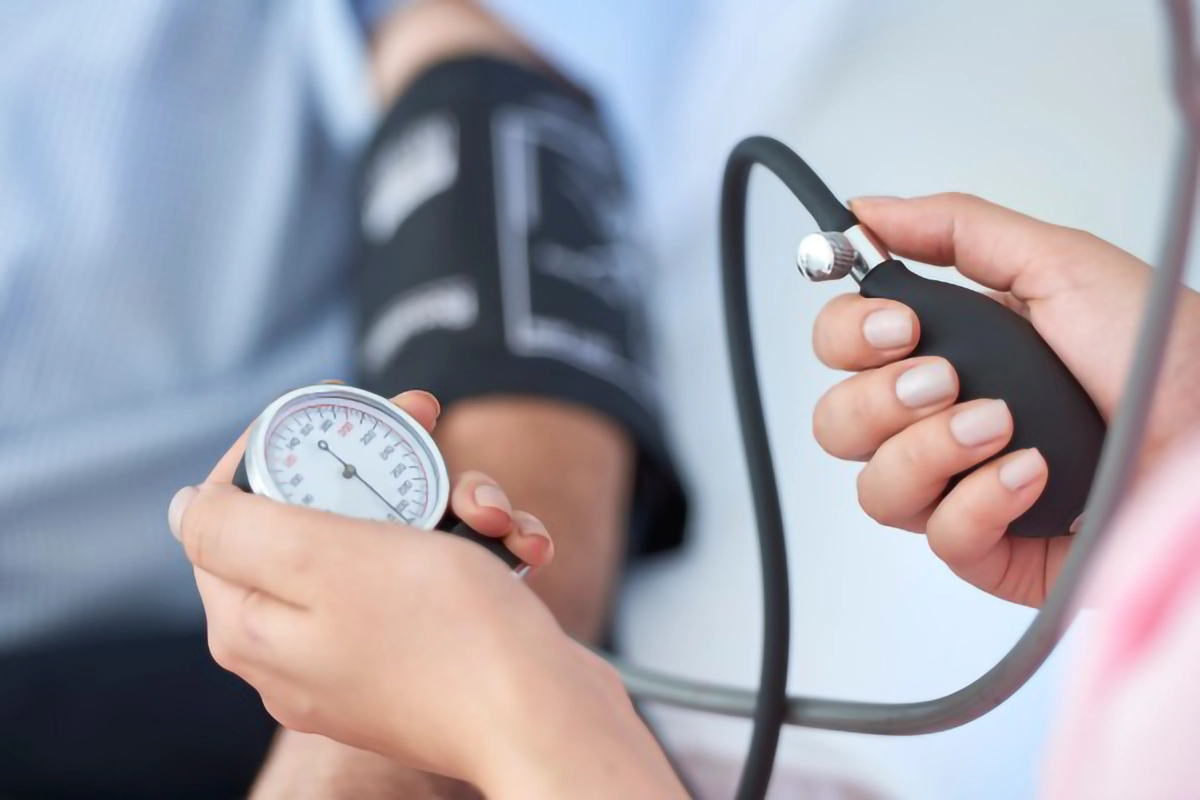We use cookies to help provide you with the best possible online experience.
By using this site, you agree that we may store and access cookies on your device. Cookie policy.
Cookie settings.
Functional Cookies
Functional Cookies are enabled by default at all times so that we can save your preferences for cookie settings and ensure site works and delivers best experience.
3rd Party Cookies
This website uses Google Analytics to collect anonymous information such as the number of visitors to the site, and the most popular pages.
Keeping this cookie enabled helps us to improve our website.
Blog: Understanding Erectile Dysfunction by Dr Ludmila Fjodorova
Erectile dysfunction (ED) is when a man has difficulty getting or keeping an erection firm enough for sex. It’s more common than you might think, and it’s important to know that help is available.

What Causes Erectile Dysfunction?
There are two main types of causes:
1. Physical Causes
These involve problems with blood flow, hormone levels, or nerve function. Signs include:
- Symptoms that develop gradually.
- Persistent trouble getting or keeping an erection, even in the morning.
- Normal sexual desire.
2. Emotional Causes
These involve stress, mental health, or relationship issues. Signs include:
- Symptoms that start suddenly.
- Ability to get good erections during self-stimulation or in the morning.
- Reduced interest in sex.
- Recent stress, such as major life events or relationship problems.
What Increases the Risk of ED?
Certain factors can make ED more likely, including:
- Getting older: ED becomes more common as men age.
- Heart health risks: Conditions like high blood pressure, high cholesterol, diabetes, obesity, and smoking.
- Lifestyle factors: Smoking, heavy alcohol use, or lack of exercise.
- Medications: Some drugs, like antidepressants or medications for heart conditions, can contribute to ED.
How is ED Diagnosed?
Your doctor will want to understand what’s causing your ED. They may recommend:
- Blood tests: To check cholesterol, blood sugar (for diabetes), and testosterone levels.
- Heart health check: To see if there’s a risk of heart disease.
If testosterone levels are low, further tests might look at other hormones to rule out additional issues.


How Can ED Be Treated?
There are several effective options for treating ED. Your doctor will work with you to find the best approach for your situation:
1. Medications
- Medicines like sildenafil (Viagra) can improve blood flow to the penis, making it easier to get an erection.
- They are safe for most men but should not be used if you:
- Take medications like nitrates for chest pain.
- Have very low blood pressure or a recent history of severe heart problems (e.g., heart attack or stroke).
- Have certain eye conditions or blood disorders.
- Sildenafil can sometimes be purchased over the counter.
2. Vacuum Erection Devices
- These devices use suction to draw blood into the penis, helping create an erection. They’re a great alternative if medication isn’t an option for you.
3. Lifestyle Changes
- Quit smoking.
- Drink less alcohol.
- Maintain a healthy weight and stay active.
- Manage conditions like high cholesterol, diabetes, or high blood pressure.
- Reduce activities like cycling for more than three hours a week if it’s contributing to ED.
Why It’s Important to Address ED
Erectile dysfunction is not just about sex—it can sometimes be a sign of a more serious health condition, like heart disease or diabetes. By seeking help, you’re taking steps to improve both your sexual health and overall well-being.
Don’t let embarrassment stop you from getting the care you need. Speak to your doctor about ED—they’re there to help. With the right treatment, you can regain confidence and improve your quality of life.

Published: Feb 12, 2025
